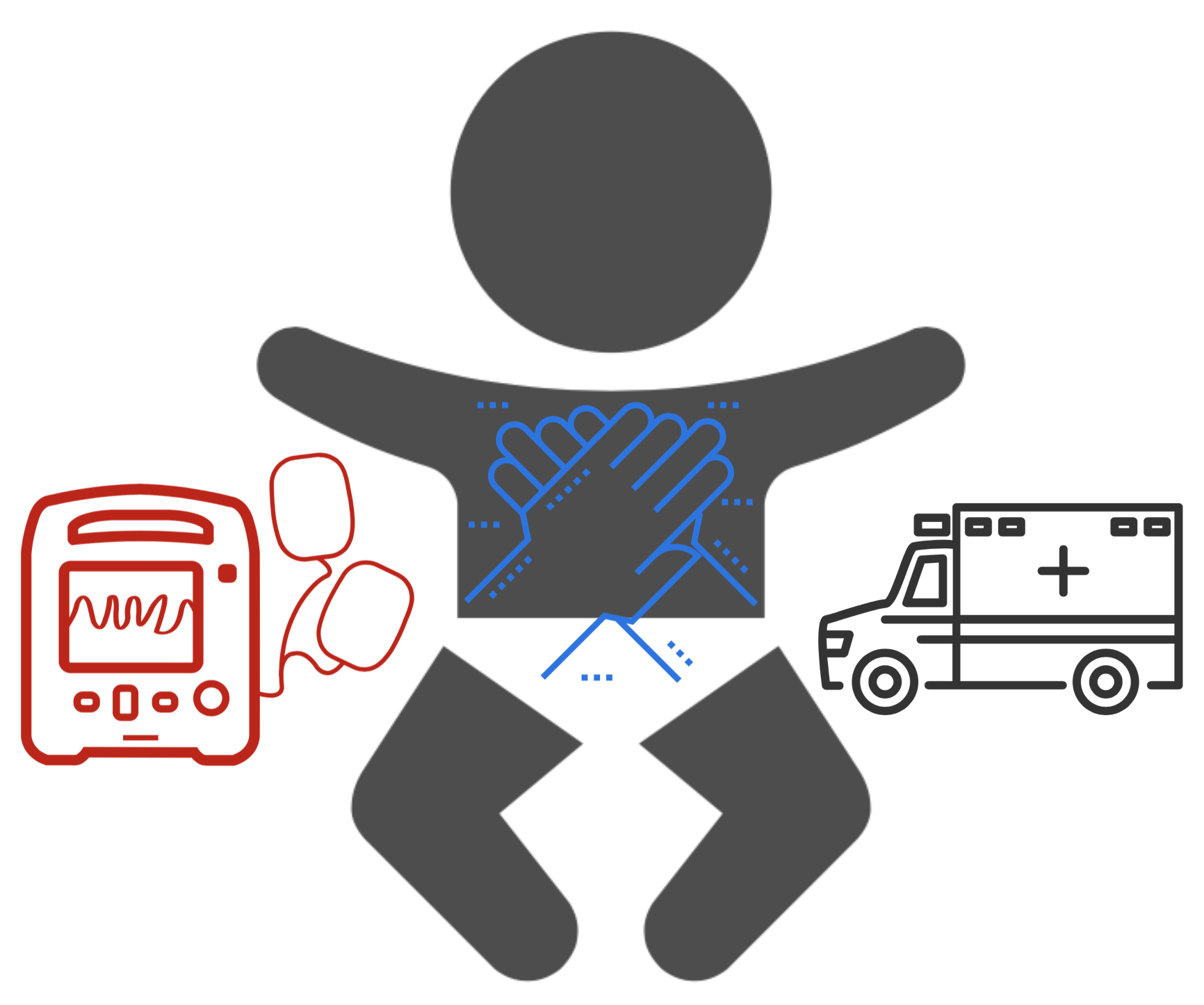Updates in Pediatric Cardiac Arrest
/Pediatric cardiac arrests are, potentially, some of the most challenging patients for an emergency physician to care for. Cognitively, emotionally; these patients push us to our very limits. In this journal club recap, we cover 3 recently published articles looking at the care of these patients. Should survivors be cooled? Is Epi any good? Which is better amiodarone or lidocaine?
Read More








